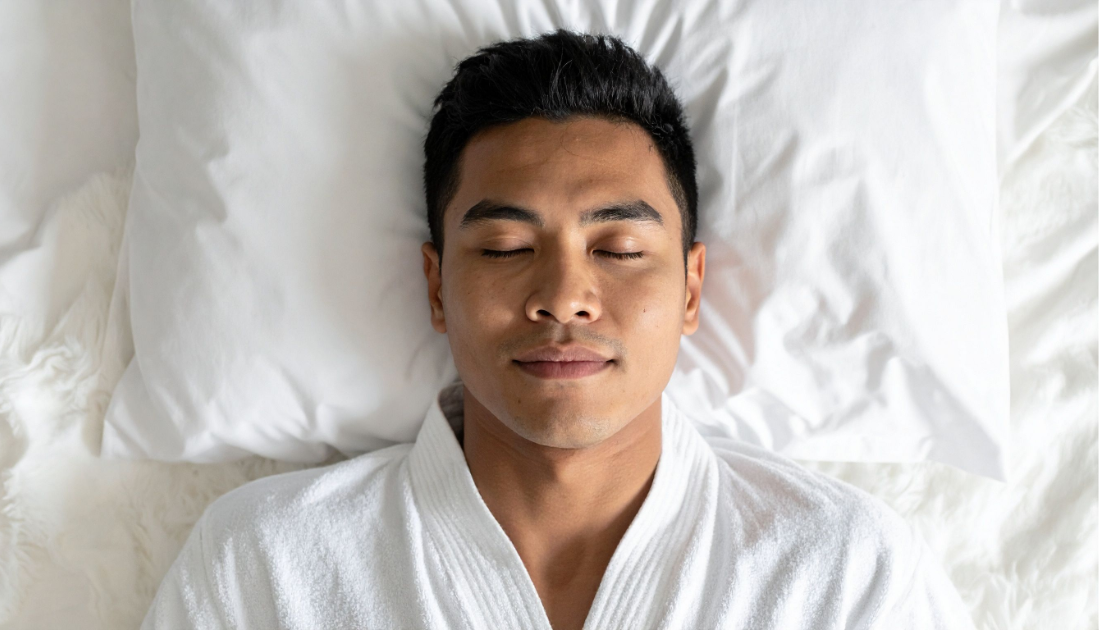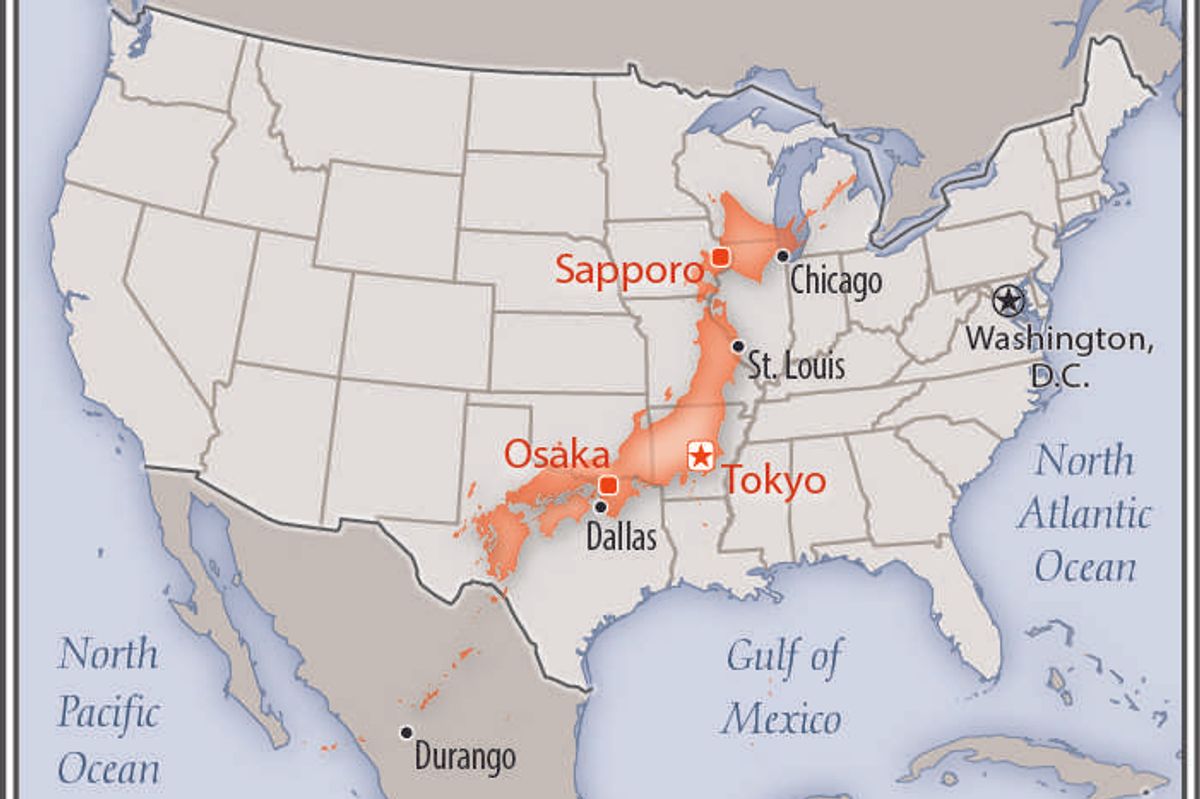Want to have sex but not babies? Congratulations, you're like most people. So what's the problem?
Melinda Gates wants us all to face the facts.
Maybe you like to have sex.
Can't blame you! Lots of fun.
But you're aware that sex leads to babies.
If you were not aware that sex leads to babies, consider yourself warned. It can. Educational image via Thinkstock.
And you'd like to maybe not have babies. Or not right now. Or you've been there, done that and the results are peeing on your living room carpet as we speak.
Birth control lets people decide if and when they have babies. And lots of people do this.
Over 99% of heterosexual women in the U.S. will use some form of birth control during their lifetime. Yes, even counting Catholics. They're as likely to practice family planning as anyone. At any given time, around 62% of U.S. women are using contraception. Internationally, the numbers vary. Europeans use birth control about as much as U.S. women do. Likewise, around two-thirds of couples in most of Asia and Latin America are limiting their family size.
But in much of Africa and the Indian subcontinent, nearly no one uses birth control.
Only 2% of people in Chad do. Only 10% of Nigerians.
Why?
It's not that they don't want to. Women, in particular, have a growing awareness of the benefits of having babies when they're ready and not having more than they can provide for. Women are doing everything they can to get contraception. They know it will help them have healthier babies and more prosperous families.
Image via TEDxChange.
There's not enough available to meet demand, so they often go without.
Contraceptive injections are the most popular form of birth control in many countries. Women have to get them every few months, and they don't have to think about contraception in between. But when they've made arrangements for someone to watch their kids, left their work behind, and walked miles to a clinic, it's often out of stock. In Senegal, for example, it's out of stock 150 days every year. What are people supposed to do?
Family planning can change lives.
In Bangladesh, researchers gave a group of villages access to birth control. When they followed up 20 years later, the results were astounding. The people who were able to plan their families had fewer children, which was expected, but they also had a much better quality of life. Fewer women died in childbirth. More babies lived through their first month. The kids were better educated. The families had more assets. All because they could decide for themselves when they'd add to their family.
Image via TEDxChange.
Birth control is a human rights issue.
Melinda Gates gives this amazing talk with more fascinating stories about parents whose lives have been improved by access to birth control. She also answers some challenging questions about where the controversy over birth control comes from (it's not a code word for abortion!) and how she, a lifelong Catholic, uses the lessons nuns taught her to reconcile her pro-birth-control position with the teachings of her church.



 A
A 

 Each of those arms has its own brain?
Each of those arms has its own brain?
 A man sleeps peacefully.
A man sleeps peacefully.  Woman snuggled in bed.
Woman snuggled in bed.
 The size of Japan compared to the United States.Image via Wikimedia
The size of Japan compared to the United States.Image via Wikimedia
Communications expert shares the 7-word phrase to shoot down anyone being disrespectful